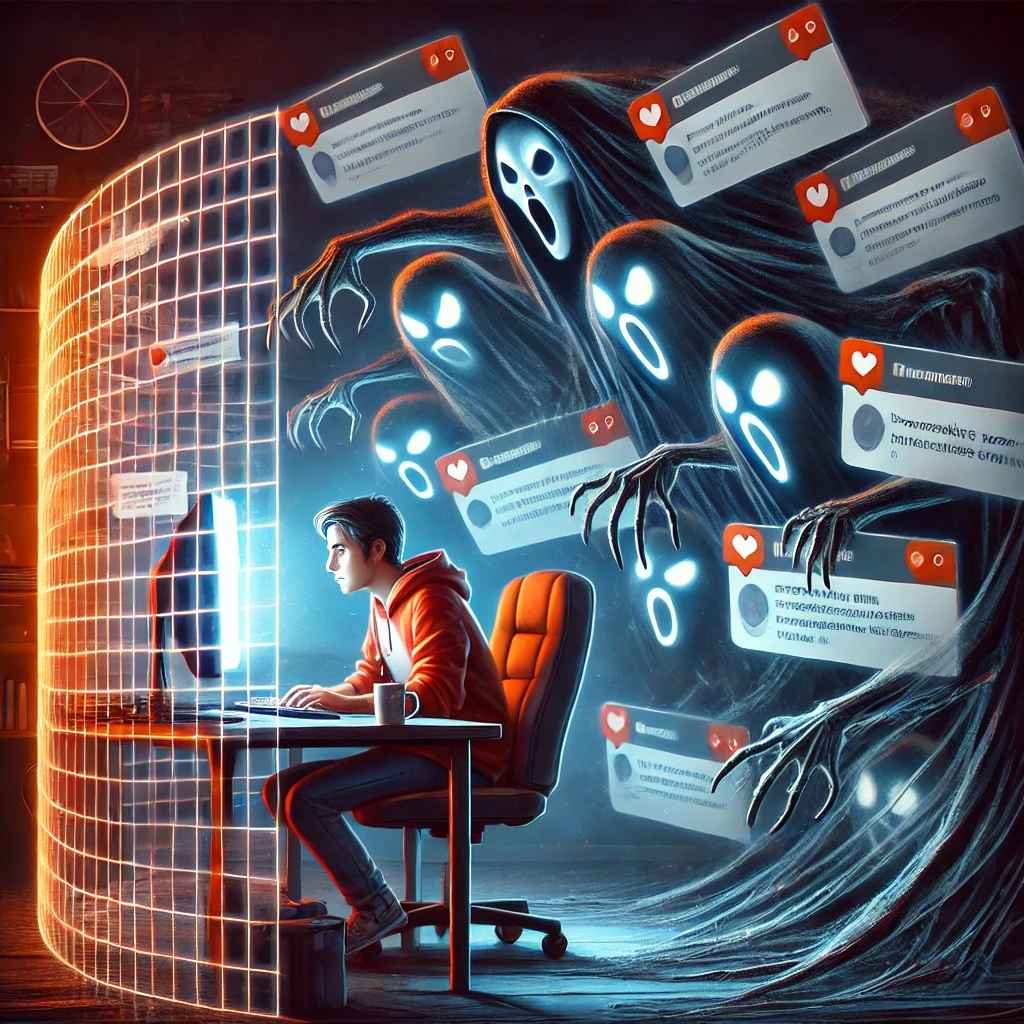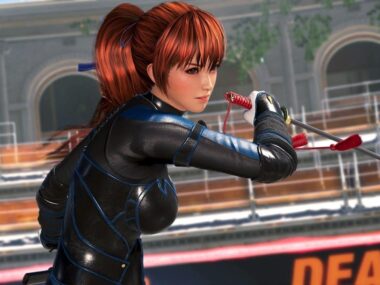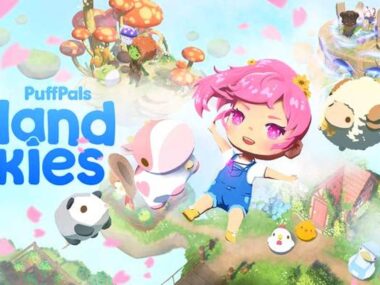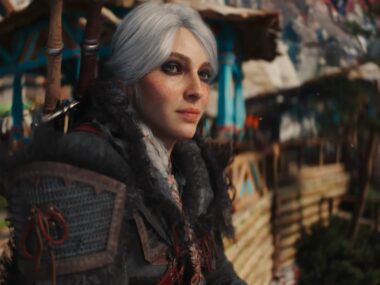The gaming industry thrives on passion—both from players and developers. But when that passion twists into entitlement and toxicity, it creates a nasty environment that pushes out the very people who bring games to life. If companies keep looking the other way, they’ll lose talented developers who refuse to put up with endless harassment.
A 2023 survey found that 91% of developers see player abuse as a serious problem. That’s a staggering number. And let’s be real—no one should have to deal with threats and harassment just for doing their job.
When Passion Crosses the Line
Some fans take their frustration way too far—dogpiling developers on social media, celebrating layoffs, or even sending threats over a game they don’t like. Criticism is fine. Even necessary. But there’s a big difference between calling out a bad game design choice and making someone’s life miserable.
And let’s not pretend every toxic fan can be reasoned with. Some individuals struggle with serious mental health issues that make them incapable of engaging constructively. This isn’t about stubbornness or strong opinions—it’s about a deeper issue that companies need to acknowledge. The industry must accept that not everyone will behave rationally and take firm steps to protect developers from those who refuse to engage respectfully. Ignoring the problem won’t make it go away. If companies keep letting harassment slide, more developers will walk away, and we’ll all be worse off for it.
Let me be clear: there have been times when I didn’t like a video game or the direction its developers were taking. I’ve talked about it on this very site, but I’ve never harassed or demeaned the people behind those games. While I might not want to play the game anymore, I’m happy for the people who are still enjoying the game. I don’t wish the game fails or people lose their jobs. There’s a difference between disliking something and being a bully about it.
That’s why I emphasize that this is a mental health issue. A typical person who dislikes something disengages—they uninstall the game, block it on social media, and move on. But if you feel compelled to obsess over something you claim to dislike, that’s a problem. It’s like picking at an unhealed wound and letting it fester.
Developers Deserve Protection, Not Abuse
Developers should be able to do their jobs without fear of being dragged through the mud. Just like therapists recommend going “no contact” with toxic people, gaming companies should do more to shield their employees from online abuse.
Here’s what companies can do:
- Enforce Community Guidelines – If a fan crosses the line, they should face real consequences, including bans from official forums or even the game itself.
- Provide Mental Health Support – Studios should offer counseling services or employee assistance programs to help developers deal with the stress of public scrutiny.
- Shape a Better Industry Culture – Developers should support each other internally, while companies should back creators who bring positivity to the community instead of toxicity.
- Improve Moderation – Having rules isn’t enough. They need to be enforced. Repeat offenders should be permanently banned from official spaces.
- Reduce Social Media Exposure – Companies should use anonymous representatives or community managers instead of expecting individual developers to engage directly with fans.
- Reevaluate Content Creator Partnerships – Some influencers profit from stirring up drama and inciting harassment. Companies should stop rewarding them with early access, sponsorships, or other perks.
Holding Developers to a Professional Standard
Of course, developers aren’t perfect. Some have made unprofessional comments that made bad situations worse. Just as fans should be respectful, developers need to maintain professionalism when engaging with the community.
Companies can help by offering media training and setting clear policies on public interactions. A little preparation goes a long way in preventing conflicts from spiraling out of control.
Creating a Better Future for Gaming
The gaming industry can’t keep sweeping toxic fandom under the rug. Feedback is important. Harassment is not. By setting boundaries, enforcing rules, and creating a culture of respect, companies can make sure developers feel safe while still engaging with players in meaningful ways.
And let’s not forget the role content creators play. Platforms like Twitch and YouTube thrive because of game developers’ hard work. If a creator fuels harassment and toxicity, they shouldn’t be getting special treatment from the very companies their behavior is harming.
Gaming companies have the power to shape their communities. It’s time they use that power to protect developers and foster a culture built on respect, not abuse.






